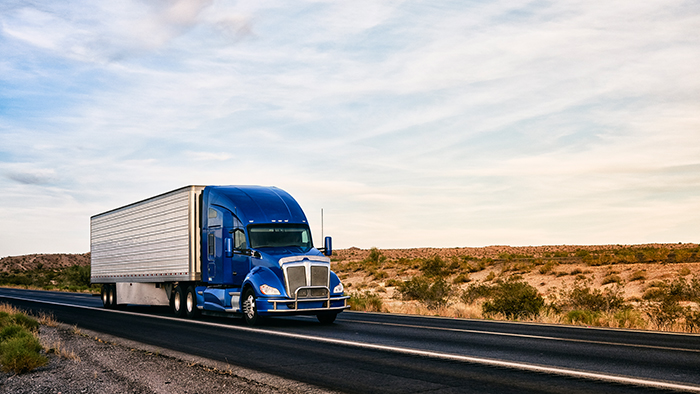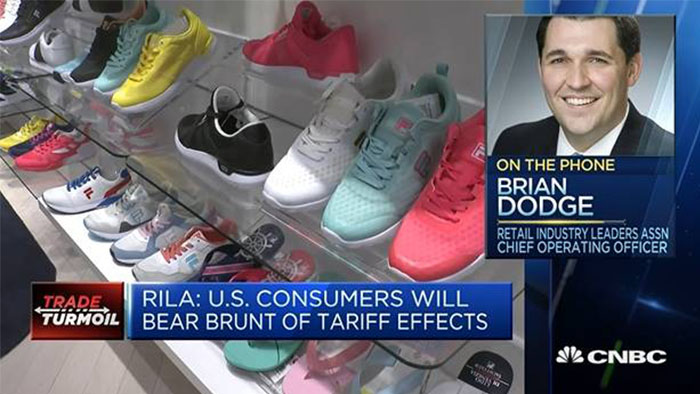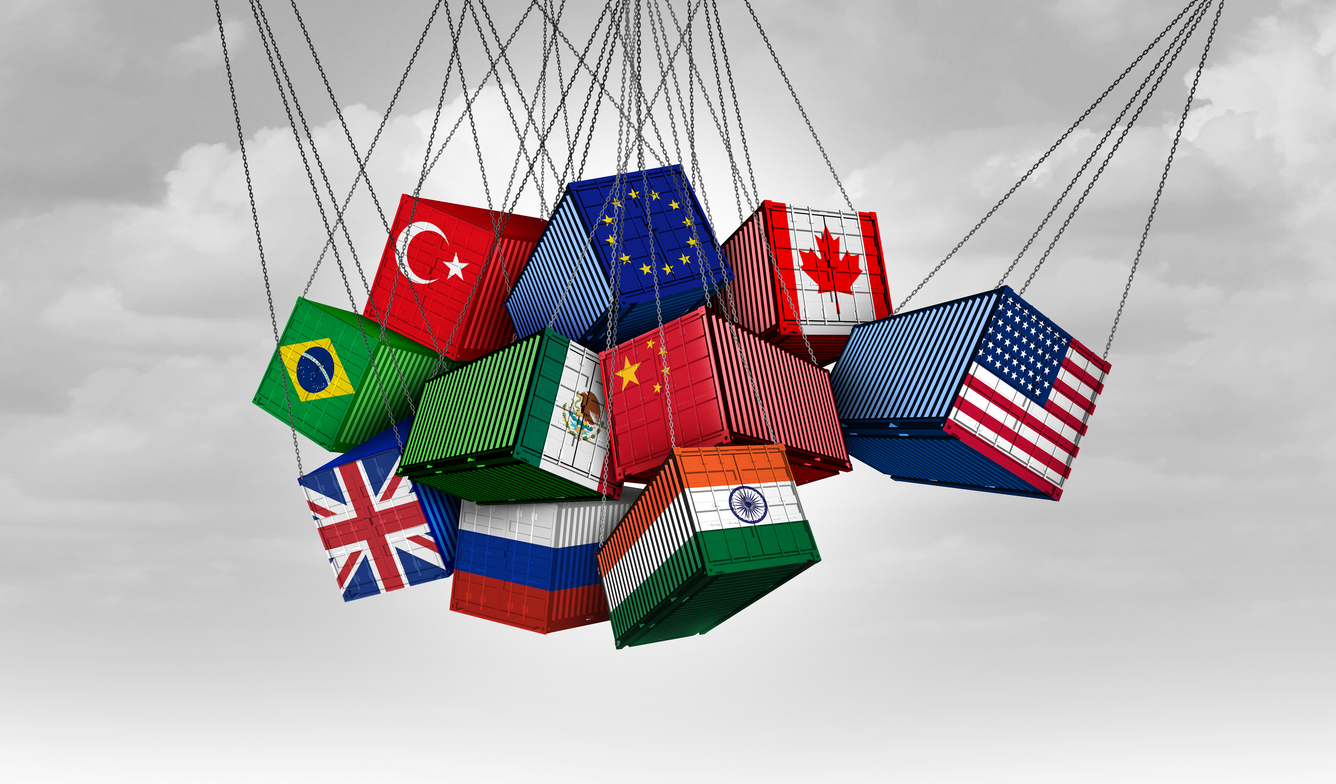Securing and Growing the Retail Supply Chain
- By [ Blake Harden ]
Beating Back Tariffs
Issue:
Harmful trade policy has cost American businesses and consumers tens of billions of dollars over the past two years. As the largest U.S. importers, retailers remain concerned about the impact tariffs will have on consumer prices and American family budgets. The washing machines, 232 steel and aluminum, and China 301 tariffs have created uncertainty for trade flows and have the potential to substantially increase the cost of sourcing products from abroad, adding millions in operational costs, halting future business investments, and ultimately increasing costs to consumers.
Action:
RILA has been actively engaged with the Administration and Congress to voice retailers’ concerns over the negative impact tariffs have not only to the broader economy, but to the American consumer. RILA is an executive member and leader of the Americans for Free Trade Coalition, a broad swath of industries, that focus on the impact of tariffs to American households and U.S. businesses across the country. RILA will continue to educate and advocate for a bold trade agenda that creates new opportunities for open markets and lowers trade barriers while facilitating the efficient movement of goods and services across our borders and through America’s ports.

Retailers rely on complex global supply chains to ensure customers have access to the products they desire at the best possible prices. The ability to access quality, responsibly sourced goods that reach customers by way of an efficient and predictable supply chain is the goal of every retailer. However, public policy and inadequate accountability among other participants interferes with these goals. RILA is working with important stakeholders to reduce barriers to trade and enhance performance throughout the supply chain.

“Mr. President, we implore you to end this trade war before the damage is irreversible.”
Brian Dodge
- President & Chief Executive Officer
- Washington, DC
Supporting Free and Fair Trade Agreements
Issue:
Economic growth and job creation in America depend on expanding U.S. trade and investment opportunities across the globe. Leading retailers welcome the trade deal agreed to by our North American neighbors known as the U.S. Mexico and Canada Agreement (USMCA). Free trade agreements along the likes of the USMCA and trade preference programs such as the Generalized System of Preferences (GSP) allow retailers to invest, plan for the future, create jobs, and provide their customers with the widest possible selection of affordable and quality products.
Action:
RILA will continue to lead the way in showcasing the benefits of expanding trade to American families and our economy. It is vital to the American consumer and our national security to have access to open and fair markets to conduct commerce. When unfair trade practices are implemented by foreign nations, the U.S. should work with our allies to resolve the issue to ensure no country has a deliberate competitive advantage.
Investing in Infrastructure
Issue:
America’s infrastructure system is in desperate need of a significant overhaul to eliminate congestion and delays throughout the retail supply chain. Without wise investment and sound long-term national policies, America’s strained infrastructure could lead to significant decreases in productivity and global competitiveness. RILA urges the Administration and Congress to work in a bipartisan fashion to produce a bold infrastructure package that invests in American growth and upgrades the nation’s aging and congested ports, highways, airports, and bridges.
Action:
RILA will continue to work with industry stakeholders to increase awareness of port inefficiencies with policymakers; develop specific legislative proposals that would link timely and accurate port metrics and performance to federal funding; advocate for state authority to permit the usage of Twin 33-foot trailers and raise truck weight limits. RILA supports legislation like the DRIVE Safe Act, to mitigate the current driver shortage; and supports increased funding for regionally and nationally significant, multimodal, and cross-jurisdictional projects funded through BUILD grants and FASTLANE programs.



